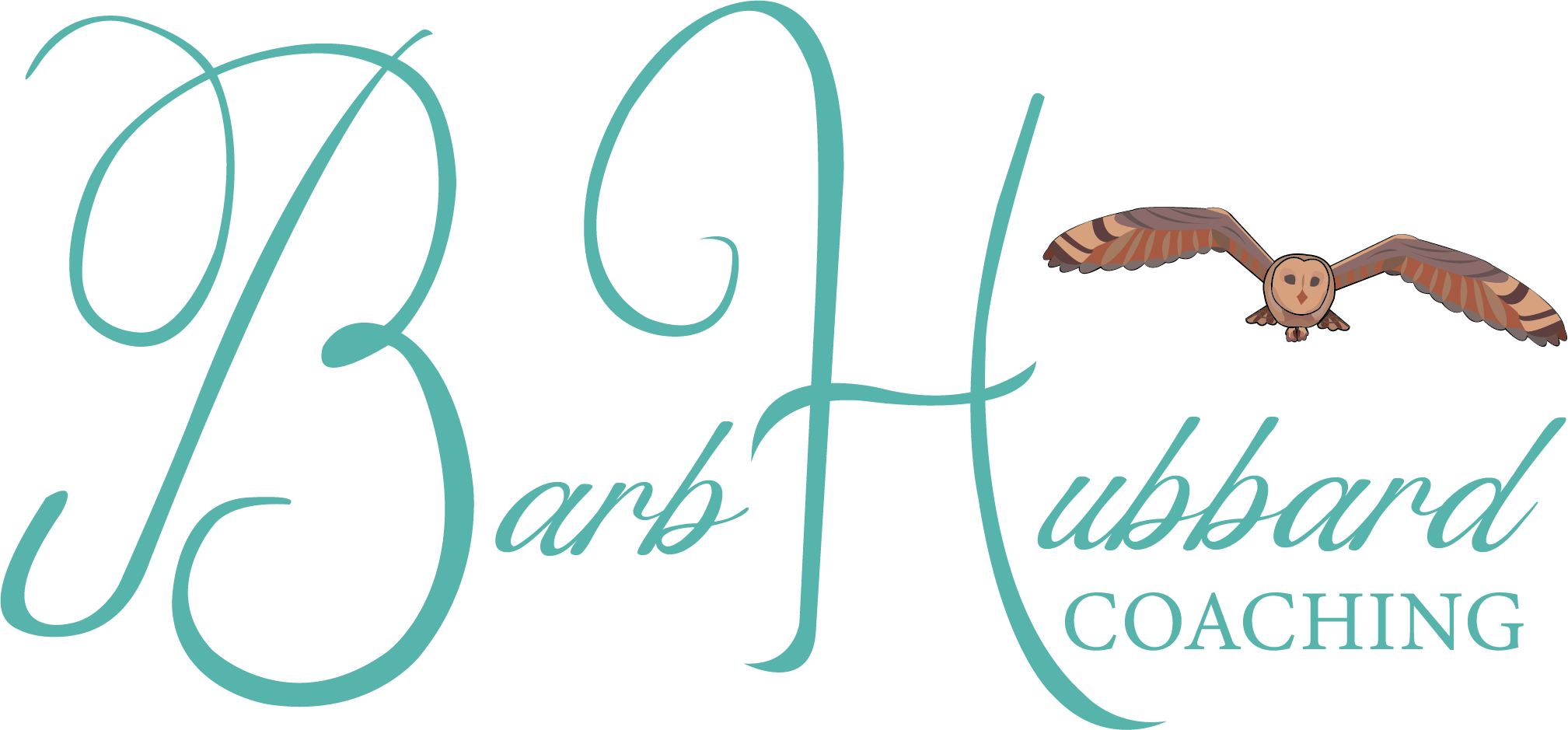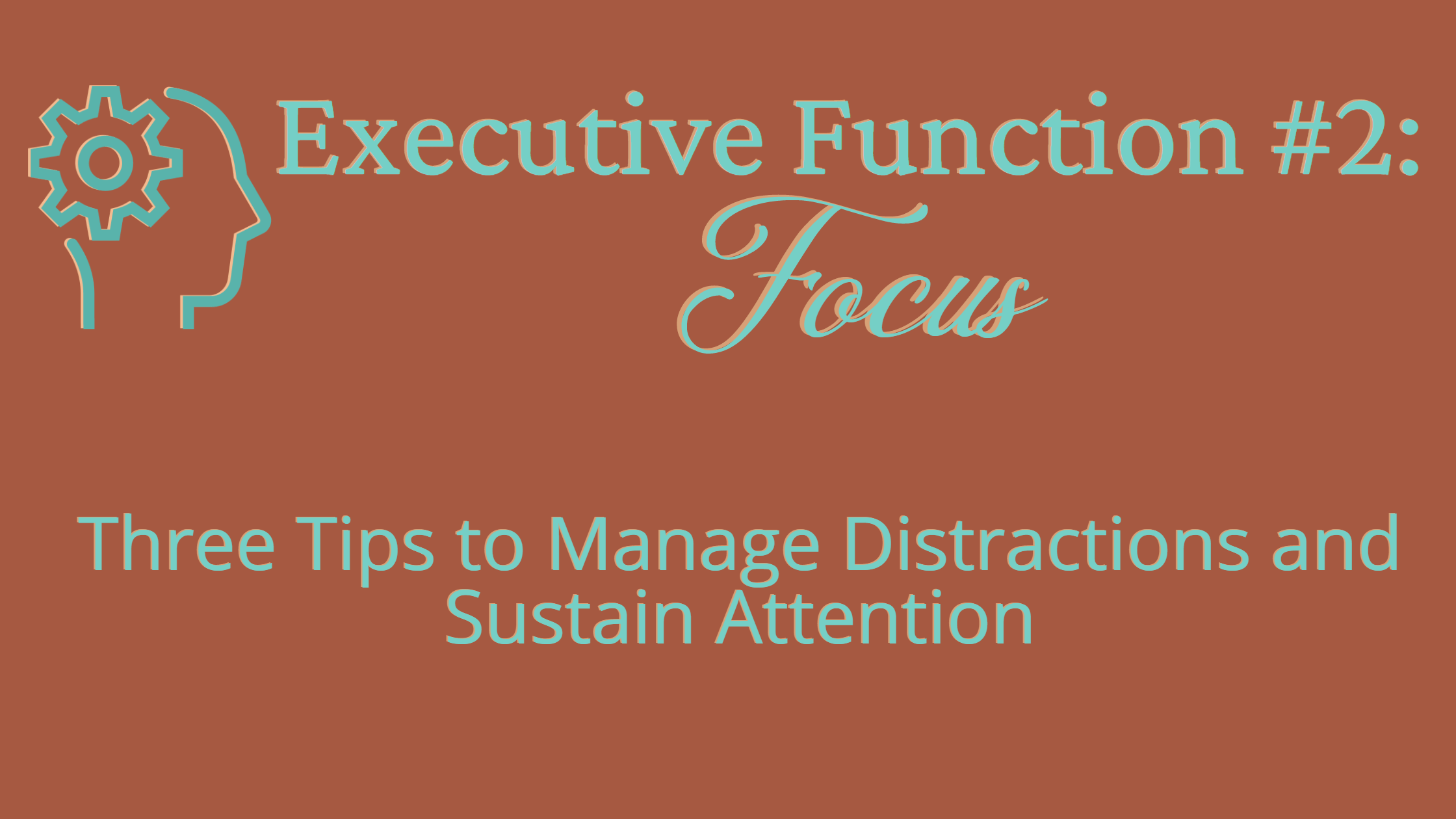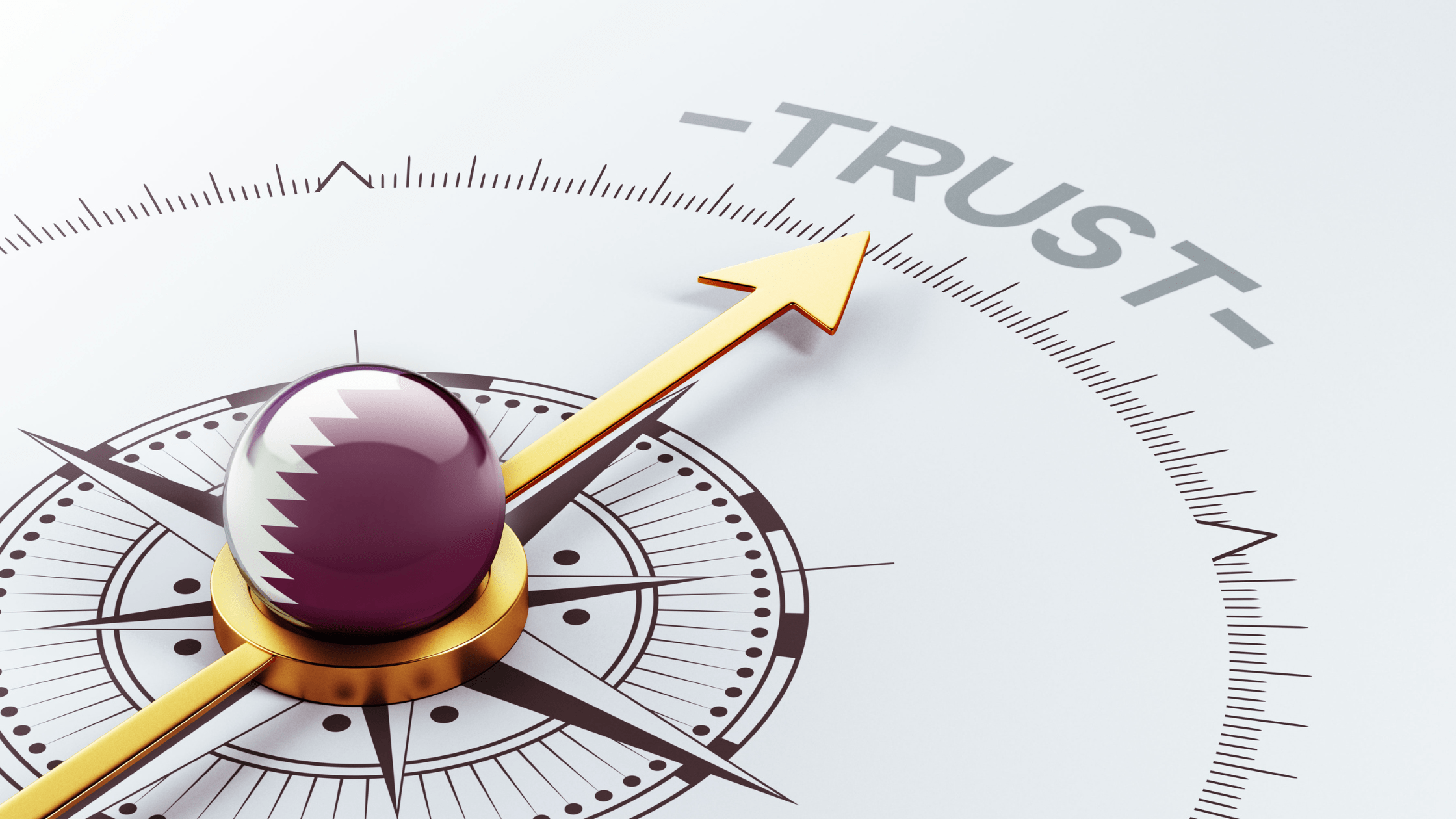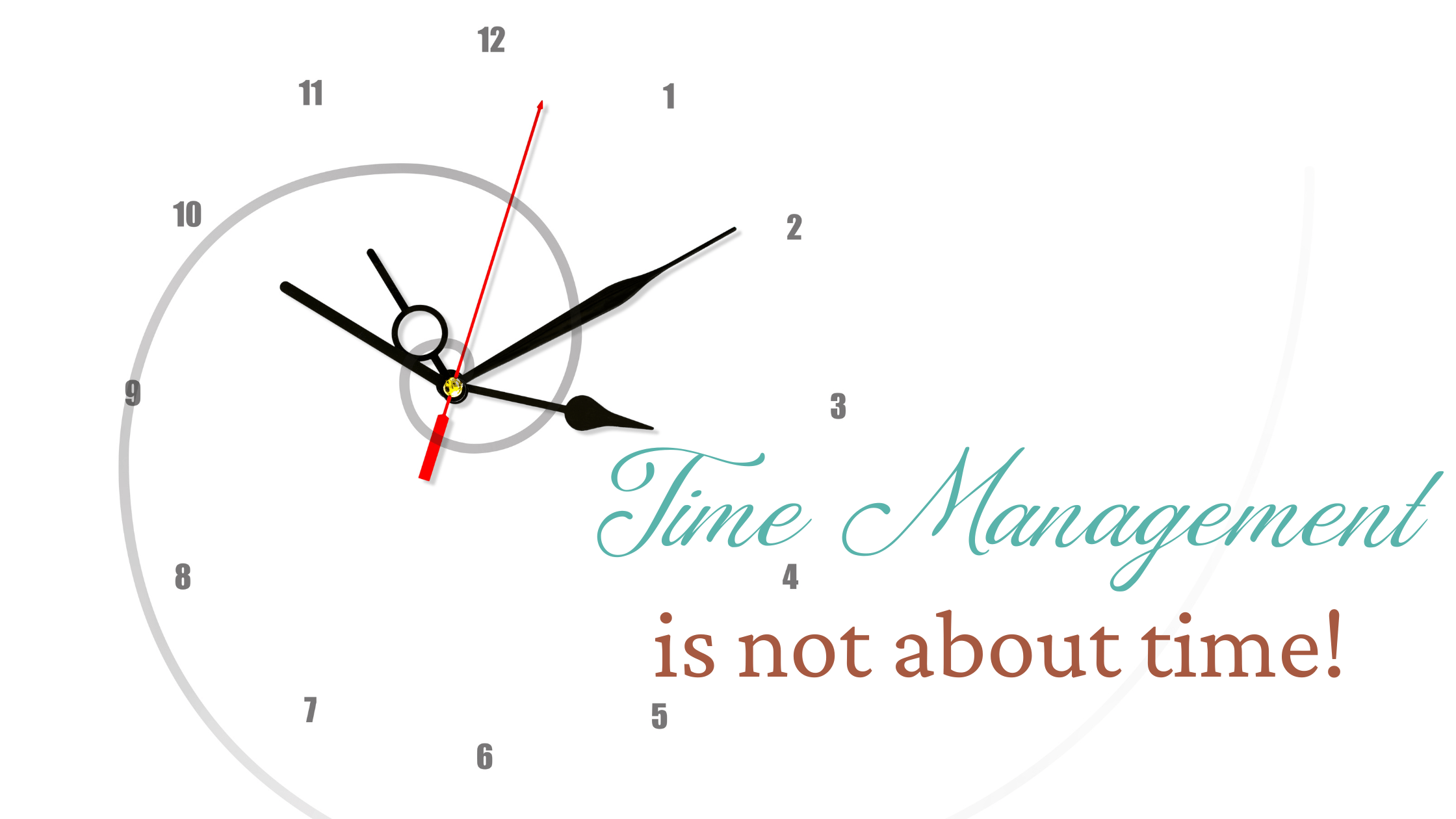We are surrounded by distractions: email alerts, social media notifications, and interruptions from family members or colleagues, to name a few. It’s a wonder that we get anything accomplished!
In March 2020, when the pandemic began, my family members were abruptly at home with me, working and schooling by my side. I had successfully used our dining room as an office for almost two years and was suddenly surrounded by distractions. Dishes clinking on the countertops. Conversation, just six feet away. The low drone of the TV. Laughter as someone talked to a friend on the phone. Words of anger when the Wi-Fi dropped a Zoom call.
Whether you are in a distracted season of life, like I was at the start of the pandemic, or if this is something you deal with regularly, it’s important to find strategies to address the impacted executive functions. They are the life skills that help us get through each and every day. Brown’s second executive function, Focus, involves the ability to concentrate on tasks and manage distractions effectively.
I was lucky. My kids were in high school and college, old enough to manage their day by themselves. But for someone who needs a quiet space in which to focus, I was not accomplishing much. I needed my own space and I decided to clean out a closet and work from there. I also added in these strategies to be sure I made progress toward my goals each week.
Pomodoro Technique 🍅
The Pomodoro technique is a time management method that was developed by Francesco Cirillo in the 1990’s. It involves working in short, focused intervals, separated by breaks. The name ‘pomodoro’ is Italian for tomato, which was the shape of the kitchen timer that he used. To use this strategy, choose a task and set a timer for a set amount of time. Often people will work for 25 minutes, but choose a length of time that feels appropriate for you. Work until the timer rings and then take a five minute break. Repeat as often as necessary to complete the task(s) at hand.
Body Doubling👩💻👩🏻💻
Body doubling is when you intentionally choose to work alongside someone else. This can occur in person or virtually and you may or may not be working on the same thing. You are each working quietly on your task(s) during an agreed upon amount of time. The presence of someone else helps you both stay on track and make progress. This accountability can be motivating and make it easier to concentrate. I offer a body doubling Power Hour within my virtual community and I started doing this in 2020 because I needed it myself!
Build Momentum ✔️
When faced with a long to do list, it can feel overwhelming. There’s some popular advice that I hear from time to time about doing the hardest task first: When you are ready to work each day, you jump right into the hardest, most difficult thing. For some people this works. However, for me (and many of my clients), this approach backfires. Often, I can’t seem to get started on the bigger stuff. I sit and stew about it which makes me feel worse. Instead, try building momentum. Work on 3-5 tiny tasks first. The type of tasks that take only a few minutes each. As you cross them off your to do list, you will feel super productive, more focused and able to jump into the bigger, more complex projects.
Do you struggle with Executive Function #2: Focus? I’m here for you. Let’s create some strategies to help you manage distractions and sustain your attention. Schedule a free Discovery Call to see if working together would be a good fit for you.






